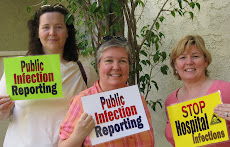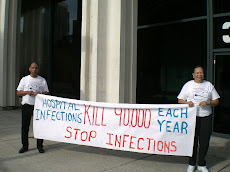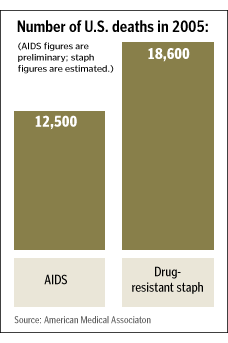S.C. lowest in doctor discipline
Study finds decline in serious penalties
By Jill Coley (Contact)
The Post and Courier
Wednesday, April 23, 2008
Ten years ago, the S.C. Board of Medical Examiners fined a Charleston orthopedic surgeon $3,000 for using an amputated foot as bait in a crab trap.
The paltry fine amounted to a slap on the wrist, said Dr. Sidney Wolfe, director of the Health Research Group at Public Citizen, a national consumer advocacy nonprofit.
Little has changed in South Carolina in the last decade, Wolfe said. In an annual report issued by Public Citizen, South Carolina slipped to the final rung in 2007, falling dead last in the ranking for serious doctor discipline.
Dr. Louis Costa, president of the state Board of Medical Examiners for the last two years and a Charleston surgeon, called the report's model flawed. Costa compared the premise to saying that the safest state in the country has the most prisoners incarcerated.
Further, the report failed to distinguish among states' criteria for licensure and different procedures for revocation, Costa said.
The rankings were calculated by averaging the disciplinary rates over the three-year period from 2005-2007.
South Carolina had 11,590 physicians and nine serious actions taken, amounting to a rate of 1.18 serious actions per 1,000 physicians. The state's rank hovered between 43 and 45 from 2003 to 2005, before dropping to 51 in 2006.
Nationally, since 2004, the number of serious disciplinary actions against doctors decreased 17 percent, resulting in 553 fewer actions.
Alaska fared the best, with a rate about seven times higher at 8.33. Kentucky ranked second with a rate of 6.55 and has a comparable number of physicians to South Carolina. Among 11,251 physicians in Kentucky, 83 actions were taken.
Wolfe and Costa see different meanings in the low rate of meting out serious disciplinary action.
Wolfe said, "The lack of doctor discipline in many states equates with a lack of patient protection for those patients whose physicians would have been disciplined in states with better enforcement of their state medical practice acts."
Costa countered that South Carolina has higher standard of licensure than many states and therefore has a higher quality corps of physicians. "We routinely turn away doctors licensed in other states for substandard training or previous disciplinary records," he said.
Wolfe has heard boards say before that they have better doctors than other states. "In every state, most doctors are practicing very good medicine," he said. "We're talking about the worst offenders in every state. There's not a shred of evidence that tiny fraction is smaller or larger than any state."
The study defined serious action as revocations, surrenders, suspensions and probations.
Revocation has different meanings in each state, Costa said. It is noteworthy that in the top three states, the process is not necessarily permanent, he said. In Kentucky, physicians can petition the board to practice again within two years.
In South Carolina, revocation is permanent and therefore not given so lightly, Costa said. A physician may undergo public exposure, fines and rigorous demands for retraining and rehabilitation before being able to practice again and still not make the definition of "serious action" used by the report.
"According to Dr. Wolfe's analysis, a perfect score would be the state that revoked all of its doctors," Costa said.
Reach Jill Coley at 937-5719 or jcoley@postandcourier.com.
http://www.charleston.net/news/2008/apr/23/s_c_lowest_doctor_discipline38249/
Subscribe to:
Comments (Atom)








